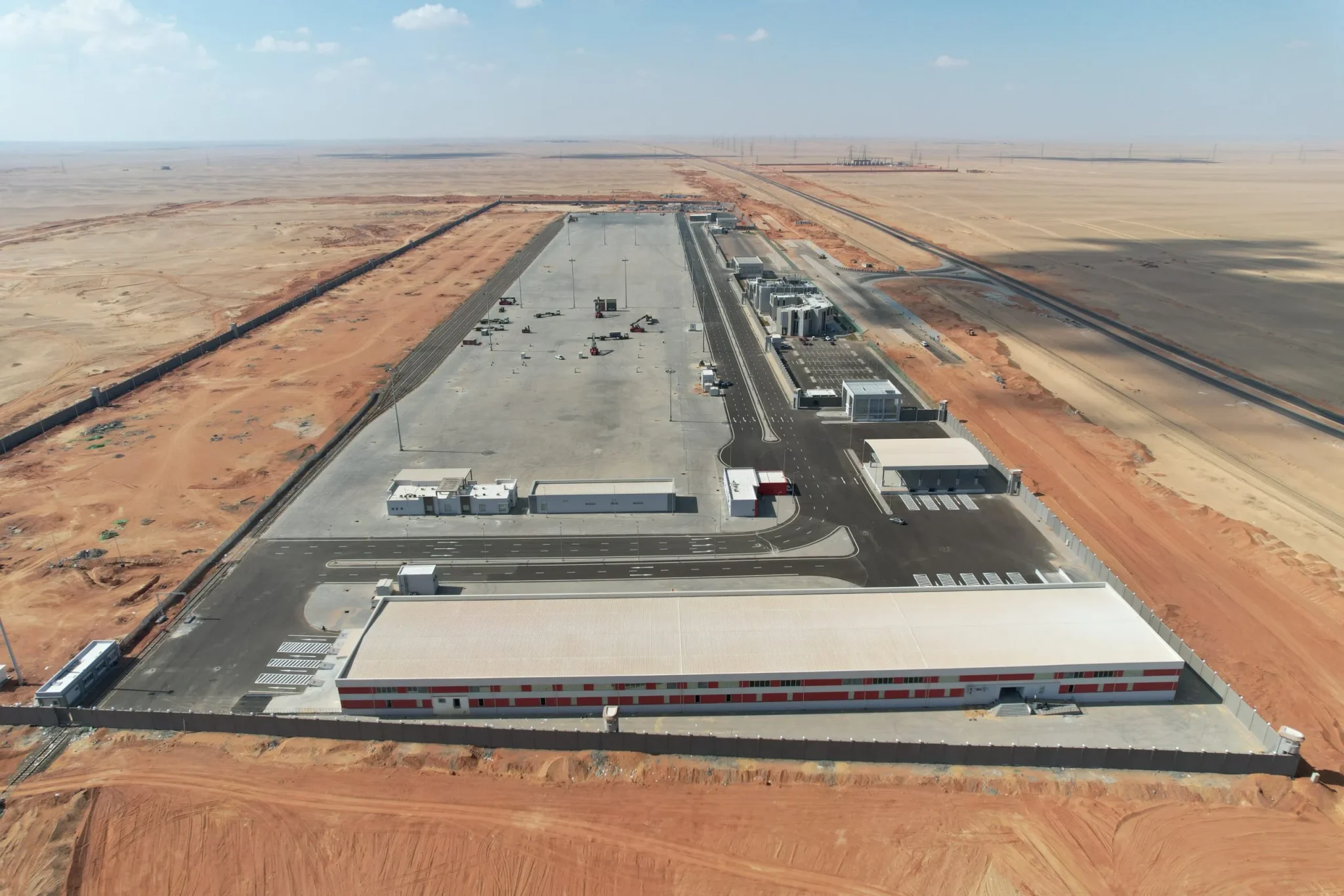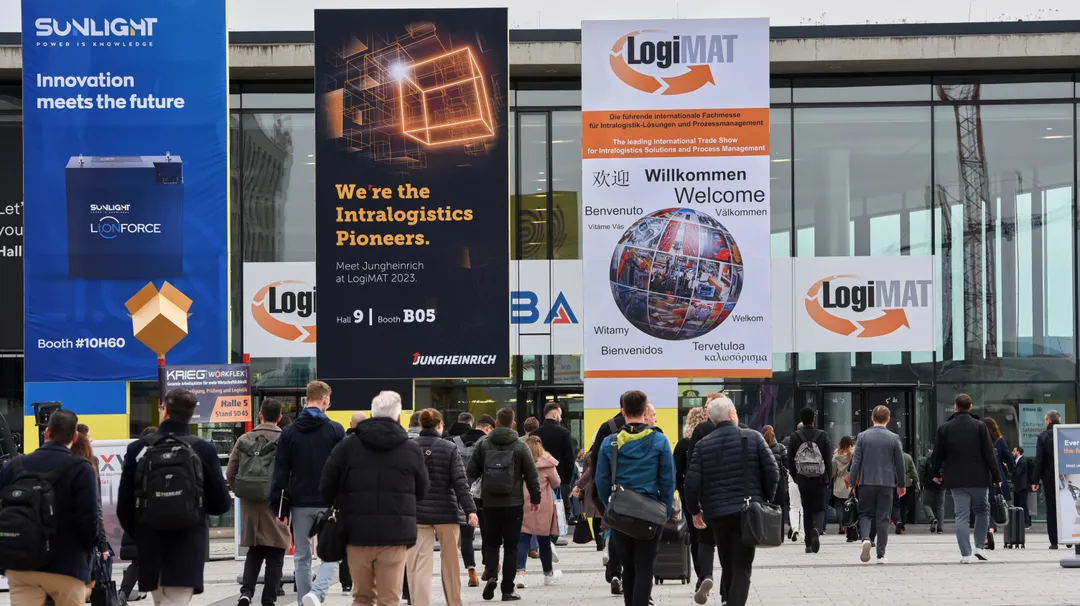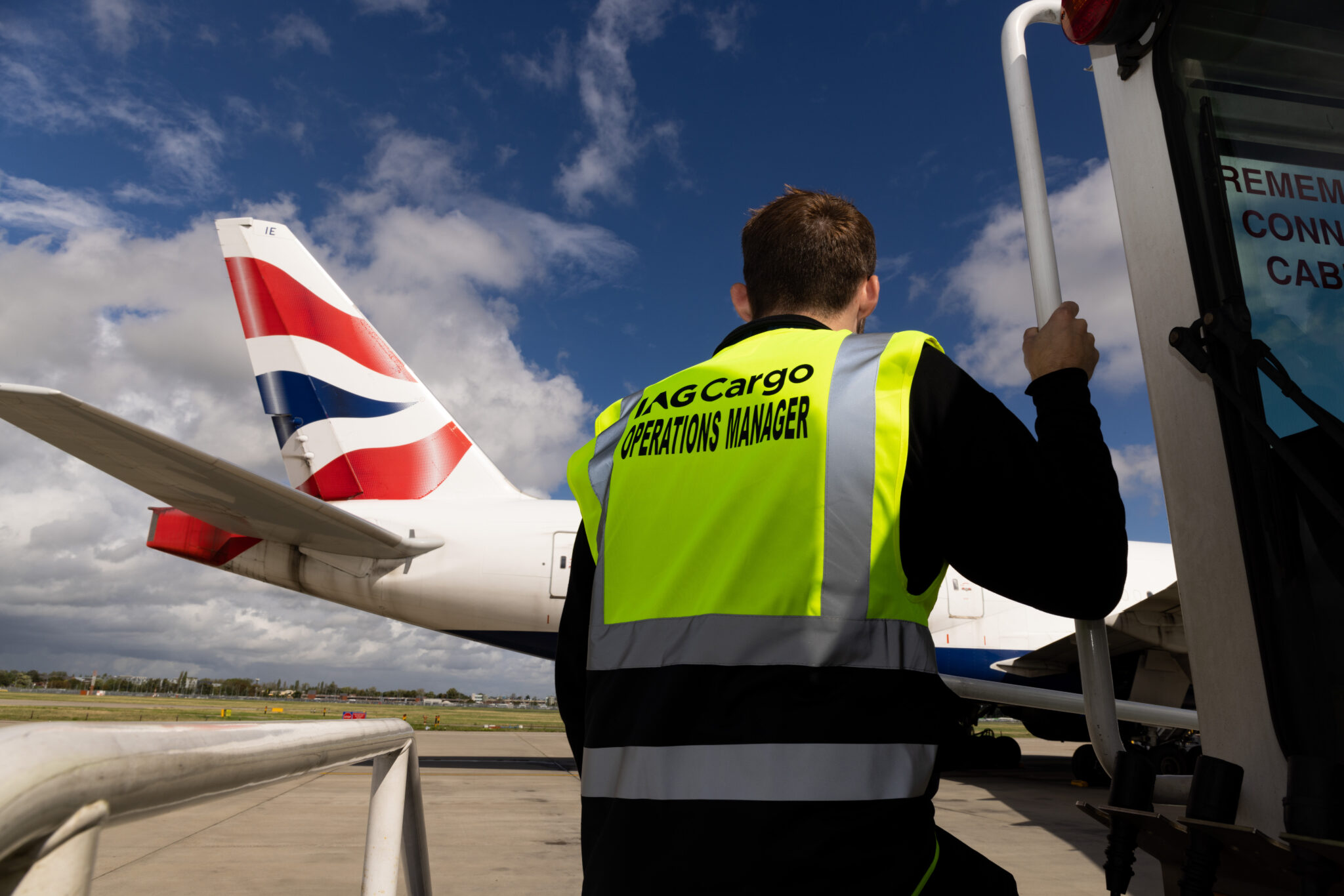Following French President Emmanuel Macron’s state visit to Egypt, and in the presence of H.E. Kamel El Wazir, Deputy Prime Minister for Industrial Development and Minister of Transport and Industry, the CMA CGM Group, a global player in maritime, land, air, and logistics solutions, officially signed a strategic partnership agreement with October Dry Port (ODP), marking a significant milestone in advancing Egypt’s logistics infrastructure and supply chain capabilities.
Through a shareholding participation of 35% and a management agreement, the CMA CGM Group will become an active operational partner in the activities and development of the logistics and rail platform of October Dry Port. The Group will bring its expertise in managing inland terminals while providing reliable and cost-efficient services to all customers. The completion of the acquisition is subject to customary closing conditions and regulatory approvals.
The agreement was signed by Christine Cabau Woehrel, Executive Vice-President Assets and Operations of the CMA CGM Group, and Eng. Ahmed Elsewedy, President & CEO of Elsewedy Electric, during a ceremony attended by His Excellency Egypt’s Minister of Transport, Kamel El-Wazir as well as senior officials from both entities. This collaboration establishes a direct partnership between CMA CGM and ODP to enhance port operations, optimize cargo movement, and provide seamless logistics services to customers in Egypt’s expanding industrial zones.
October Dry Port, Egypt’s first dry port and the first public-private partnership (PPP) project in the Egyptian transport sector under the EBRD Green Cities program, was developed, built, and operated by Elsewedy Electric in partnership with the General Authority for Land and Dry Ports (GALDP). The project was funded by the European Bank for Reconstruction and Development (EBRD) and officially commenced operations in November 2023. Recognized for its commitment to sustainability, the dry port was awarded the “Best Sustainable Infrastructure Project” for its environmentally conscious design, energy-efficient operations, and alignment with Egypt’s green transformation strategy.
Strategically located in the heart of the New Industrial Area in 6th of October City, ODP is directly connected to all of Egypt’s seaports and serves as a critical logistics hub, facilitating faster cargo clearance, reducing seaport congestion, and supporting Egypt’s growing industrial and export ecosystem.
Through this partnership, CMA CGM will leverage ODP’s state-of-the-art facilities to serve its expanding customer base across Greater Cairo and Upper Egypt, providing integrated inland transport, customs clearance, and advanced logistics services. Already operating the Tahya Misr container terminal at the Port of Alexandria and the new terminal of Sokhna which will open early next year, the CMA CGM Group further strengthens its strategic positioning in Egypt, the Mediterranean and the Red Sea, especially through innovative and sustainable intermodal solutions. The CMA CGM Group will offer regular round trip rail services between the major seaports of Alexandria and Ain Sokhna to the Great Cairo area, boosting the competitivity of intermodal solution for Egyptian customers.
During the signing ceremony, H.E. Kamel El Wazir, Deputy Prime Minister for Industrial Development and Minister of Transport affirmed that Egypt is open to cooperation with all international companies, including CMA CGM, which has a distinguished strategic partnership with the Egyptian side through its management and operation of the “Tahya Misr” multipurpose terminal at Alexandria Port. This terminal was inaugurated by H.E. President Abdel Fattah El-Sisi in June 2023 and currently plays a vital role in maritime transport, global trade, and transit trade. The Minister also noted the cooperation in one of the terminals at Sokhna Port through CMA CGM’s partnership with a global alliance, inviting CMA CGM to inject further investments into Egypt, especially given the country’s promising investment climate.
Christine Cabau Woehrel stated: “The CMA CGM Group values a lot this new partnership with Elsewedy on the October Dry Port logistics platform. This is a unique opportunity to foster the development of low-emission intermodal solutions in Egypt through efficient rail connections. This new investment confirms the Group’s long-term commitment to Egyptian supply chain growth. It combines beautifully our worldwide maritime network to and from Egypt, our investment in the terminals of Alexandria and Sokhna, with the capacity to offer door to door efficient and competitive solutions to our Egyptian customers, opening a new more sophisticated vision of Egyptian supply chain development.”
Ahmed Elsewedy added: “Welcoming CMA CGM as a partner is a major step forward in positioning ODP as a national and regional logistics hub. Our shared vision for sustainability and efficiency makes this collaboration even more impactful.”
This agreement reinforces Egypt’s position as a regional logistics gateway and supports the country’s broader goals of promoting industrial growth, sustainable development, and global trade connectivity.
Read Similar…
Freight Association Seeks Solutions to Uninsured Cargo






![[Podcast] Future Fulfilment: Smarter, Scalable Warehouses](https://9e1ed6cd27b6b3199380.b-cdn.net/wp-content/uploads/2025/07/square-logo.png)




![[Podcast] Safety First: How to ensure Safety in Intralogistics](https://9e1ed6cd27b6b3199380.b-cdn.net/wp-content/uploads/2025/07/Design-9-4-1.png)

![[Podcast] Electric Freightway: Decarbonising the UK’s HGVs](https://9e1ed6cd27b6b3199380.b-cdn.net/wp-content/uploads/2025/07/Designer.png)